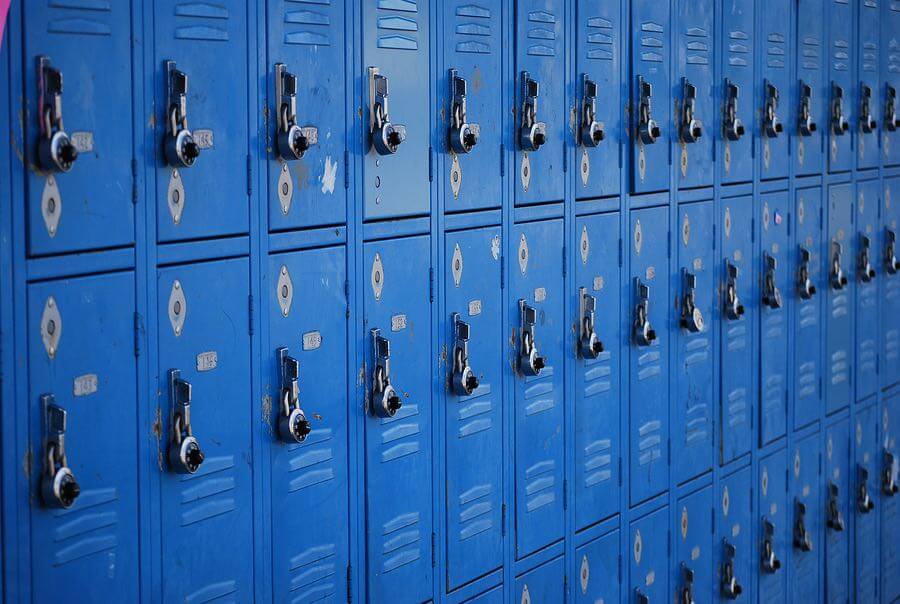May 18, 2018
We’re all aware of the recent senseless school shooting in Parkland, Florida. This has resulted in more calls for beefing up school security. With that, tensions flare between privacy, freedom, and individual rights versus the school’s need for safety.
Fourth Amendment and Search and Seizure
Watch CNN, Law & Order, or any television police, crime, or legal drama, and you’ll hear buzzwords like probable cause and search and seizure. But what do they mean?
Our Constitution’s Fourth Amendment states:
“The right of the people to be secure in their persons, houses, papers, and effects, against unreasonable searches and seizures, shall not be violated; and no Warrants shall issue but upon probable cause, supported by Oath or affirmation, and particularly describing the place to be searched, and the persons or things to be seized.”
Now, let’s walk through this. An arrest warrant or a search warrant can’t be issued without a probable cause. But what is probable cause? There’s no definition (or even example of this) under the Fourth Amendment’s text.
Instead, during the past 250 years, courts have tried to give practical, non-technical guidance, based on real-world experience. Probable cause for a warrant usually exists where there is a reasonable basis. This could mean that a crime was committed, or that there is evidence of a crime in a specific location.
Why Schools Are Different
Until 1985, it was unclear whether the higher probable cause standard applied to public schools. After all, teachers and administrators act like substitute parents (in loco parentis).
In New Jersey vs. T.L.O., the U.S. Supreme Court agreed that students had Fourth Amendment privacy rights. However, the Court went further: It determined that because of the unique nature of schools, school authorities are subject to a less rigid standard, known as “reasonable suspicion.” Unlike law enforcement officers (who must have probable cause), school officials can search a student if:
- There is a reason to suspect the student is breaking the law or school rules, and a search will reveal evidence of that, and
- The search is reasonably related to the scope, circumstances, and is not overly intrusive.
Note the subtle-but-significant distinction: school officials need not be “probably right.” Instead, they merely need to be “reasonably suspicious.”
If a student consents to a search, reasonable suspicion is not required. Furthermore, school officials must have reasonable suspicion for individual searches—they cannot engage in scavenger hunts. However, random or blanket searches (for example, a front door metal detector) do not require reasonable suspicion. Schools are typically concerned about weapons (guns, knives) and illegal contraband (drugs, cigarettes).
It bears repeating: The schools’ mission is education, and discipline is secondary. There is a delicate balance between student privacy rights and the need to preserve safety among students, teachers, coaches, faculty, and administrators. Many facts and circumstances determine whether a student search is valid; the Florida Office of Attorney General’s Reference Guide is an interesting resource for parents, teachers, and students.
Call a St. Petersburg, Florida Criminal Attorney Today for Help
If you or someone you know is concerned about facing criminal issues, don’t delay. The criminal court system is overwhelming and confusing for most. Trust the experienced, caring professionals at Khonsari Law Group. Call us right away at (727) 269-5300, or contact us confidentially. Our experienced team will review the details of your case and help you take the best next steps.


